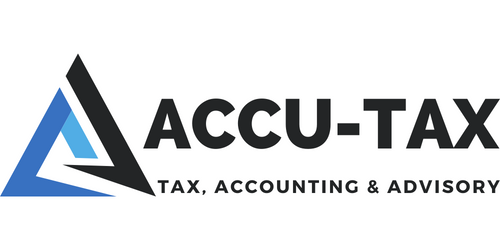Common Tax Mistakes Small Businesses Make and How to Avoid Them
Running a small business comes with its own set of challenges, and navigating the complex terrain of taxes is often one of the most daunting tasks. Small business owners can easily find themselves making common tax mistakes that can have serious repercussions. In this blog post, we’ll identify some of these pitfalls and provide practical insights on how to avoid them, ensuring a smoother tax season for your small business.
Neglecting Record-Keeping
One of the most common mistakes small businesses make is neglecting proper record-keeping. Accurate and organized financial records are the foundation of a successful tax strategy. Invest in robust accounting software, keep receipts, and document all transactions meticulously. This not only simplifies the tax filing process but also helps in case of an audit.
Misclassifying Workers
Misclassifying workers as independent contractors instead of employees (or vice versa) can lead to severe tax consequences. Understand the distinction between the two categories and ensure that you are correctly classifying your workforce. This includes adhering to tax withholding requirements and providing accurate documentation.
Failing to Separate Personal and Business Finances
Blurring the lines between personal and business finances is a recipe for disaster. Maintain separate bank accounts and credit cards for your business to avoid confusion and ensure accurate financial reporting. This practice not only streamlines your tax preparation but also demonstrates financial transparency, a factor that can be crucial in an audit.
Overlooking Deductions and Credits
Small businesses often miss out on valuable deductions and credits that can significantly reduce their tax liability. Familiarize yourself with available deductions and credits applicable to your industry. From home office expenses to business-related travel, keeping a keen eye on potential tax breaks can lead to substantial savings.
Ignoring Quarterly Tax Payments
Small businesses are sometimes unaware of the requirement to make quarterly estimated tax payments. Failure to do so can result in penalties and interest. Work closely with your accountant to determine your estimated tax liability and stay on top of quarterly payments to avoid surprises come tax season.
Underestimating the Importance of Professional Advice
Attempting to handle complex tax matters without professional guidance is a common mistake. Consult with a qualified CPA or tax advisor who specializes in small business taxation. Their expertise can help you navigate the nuances of tax laws, identify opportunities for savings, and ensure compliance.
In the realm of small business, avoiding common tax mistakes requires a proactive and strategic approach. By prioritizing meticulous record-keeping, understanding worker classifications, maintaining financial separation, maximizing deductions, adhering to quarterly payments, and seeking professional advice, small businesses can set themselves up for tax success. Remember, investing time and effort into a well-thought-out tax strategy can lead to long-term financial stability and growth for your small business.


